Ten Questions for Zachary Pace

“In the intimacy of the book, I feel very vulnerable.” —Zachary Pace, author of I Sing to Use the Waiting: A Collection of Essays About the Women Singers Who’ve Made Me Who I Am
Jump to navigation Skip to content
Articles from Poet & Writers Magazine include material from the print edition plus exclusive online-only material.

“In the intimacy of the book, I feel very vulnerable.” —Zachary Pace, author of I Sing to Use the Waiting: A Collection of Essays About the Women Singers Who’ve Made Me Who I Am
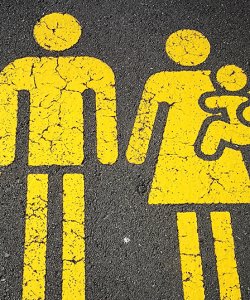
The author of Family Family explores why tired tropes proliferate in fiction—and how to avoid them.
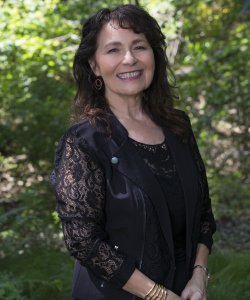
“I tend to expect the path to be straightforward. It seldom is.” —Kimberly Blaeser, author of Ancient Light
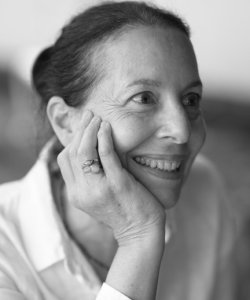
“Start with what interests you, and keep going.” —Cynthia Zarin, author of Inverno
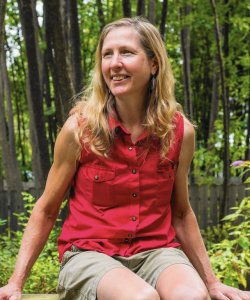
Award-winning author Bonnie Jo Campbell discusses magical realism, balancing hot button issues, and the resilient and rascally women in her latest novel, The Waters.
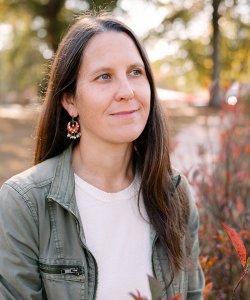
“By the time I finished I actually felt that the topic had chosen me.” —Erika Howsare, author of The Age of Deer: Trouble and Kinship With Our Wild Neighbors

Ten authors answer the question: What’s the best piece of writing advice you’ve ever received?
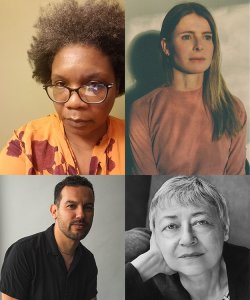
Ten authors reveal what they were reading in 2023.

The author of fox woman get out! considers authenticity and how to find one’s authentic voice.
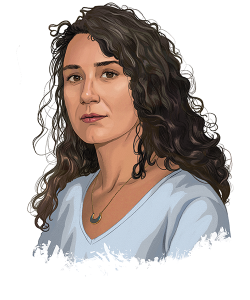
Ten debut poets who published in 2023, including Ina Cariño and Shaina Phenix, share the inspiration, advice, and writers block remedies that form their individual poetics.
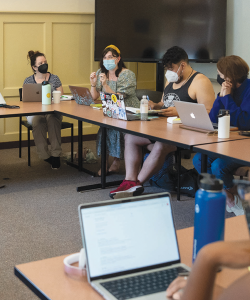
COVID-19 outbreaks continue to affect conference attendees and organizers alike; members of the literary community consider different ways event policies can realistically address public health needs.

The first lines of a dozen noteworthy books, including You Bury the Birds in My Pelvis by Kelly Weber and Irregular Heartbeats at the Park West by Russell Brakefield.
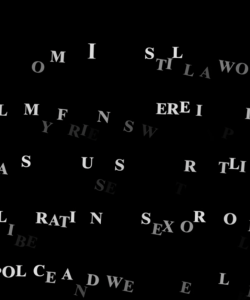
No longer limited to static text on a page, poets are composing verse in the unique medium of an NFT, opening new creative, collaborative, and financial possibilities for work that defies categorization.
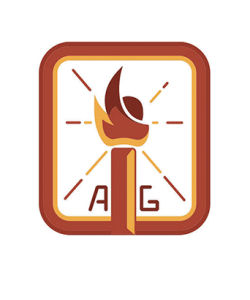
A nonprofit founded to strengthen the American South’s reputation as a home for great literature and art, April Gloaming publishes books that push limitations in medium and genre.
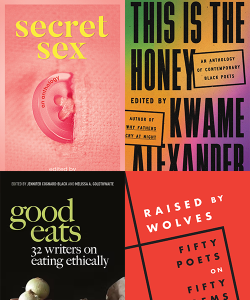
An introduction to four new anthologies, including Good Eats: 32 Writers on Eating Ethically and Raised by Wolves: Fifty Poets on Fifty Poems.
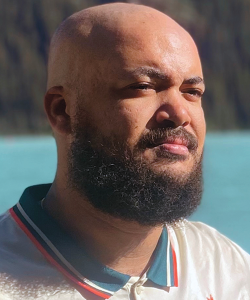
The debut essayist behind Holy American Burnout! introduces some of the journals that provided a thoughtful home for his work, including Lunch Ticket and Counterclock.
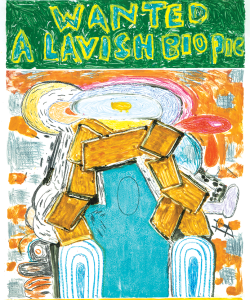
Inspired by the “Wanted” posters U.S. law enforcement officials used to locate fugitive outlaws, poet John Yau and visual artist Richard Hull hail under-appreciated artists such as Sessue Hayakawa and John D. Graham.
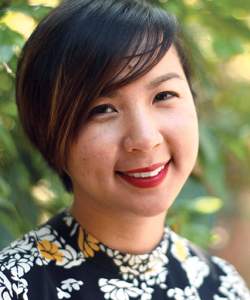
The executive director of Kundiman, a national nonprofit supporting Asian American authors, discusses the organization’s evolution over the past twenty years and shares her plans for working in solidarity with other communities of color.
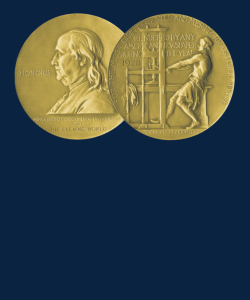
In a major victory for activists, particularly undocumented writers, a whole new group of people now have reason to be hopeful about their chances for the prestigious award.
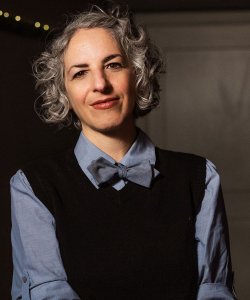
“Look for the agents and editors who share your vision for the work and trust them.” —Jennifer Savran Kelly, author of Endpapers

The author of fox woman get out! explores the connections between poetry and dance.
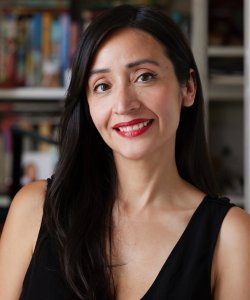
“Writing kept me grounded, but it also reopened some wounds.” —Melissa Rivero, author of Flores and Miss Paula
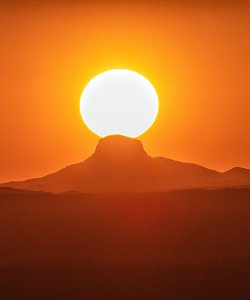
The author of fox woman get out! offers a climatic approach to reading and writing verse.
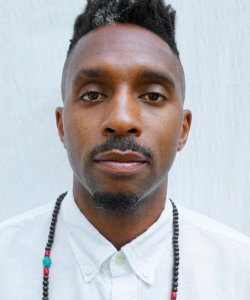
“I struggled with the urge to tame my voice.” —James W. Jennings, author of Wings of Red

The author of The Last Language explores the relationship between individual subjectivity and the ability to suspend disbelief when reading fiction.